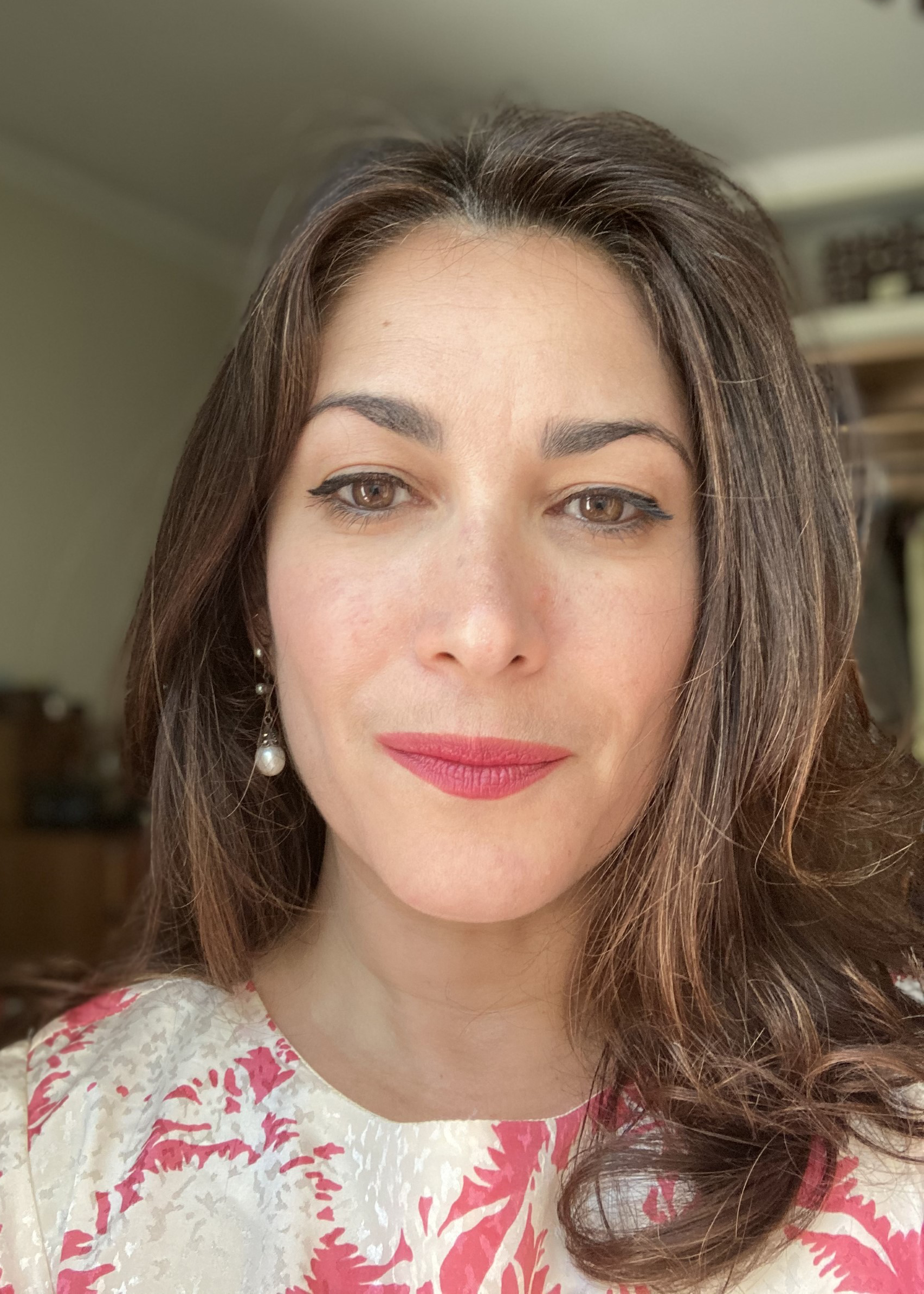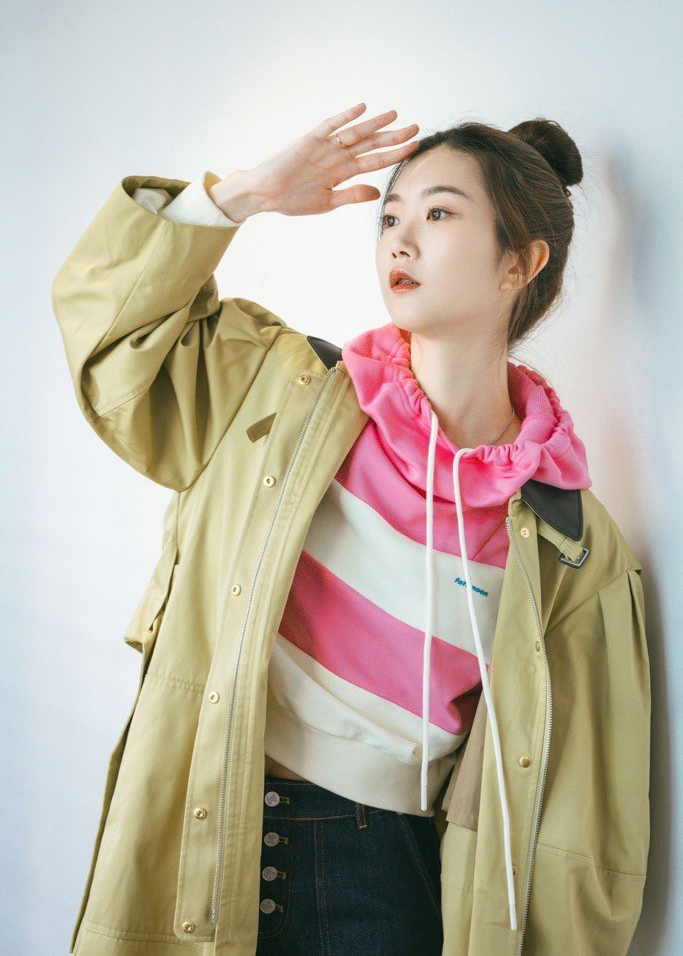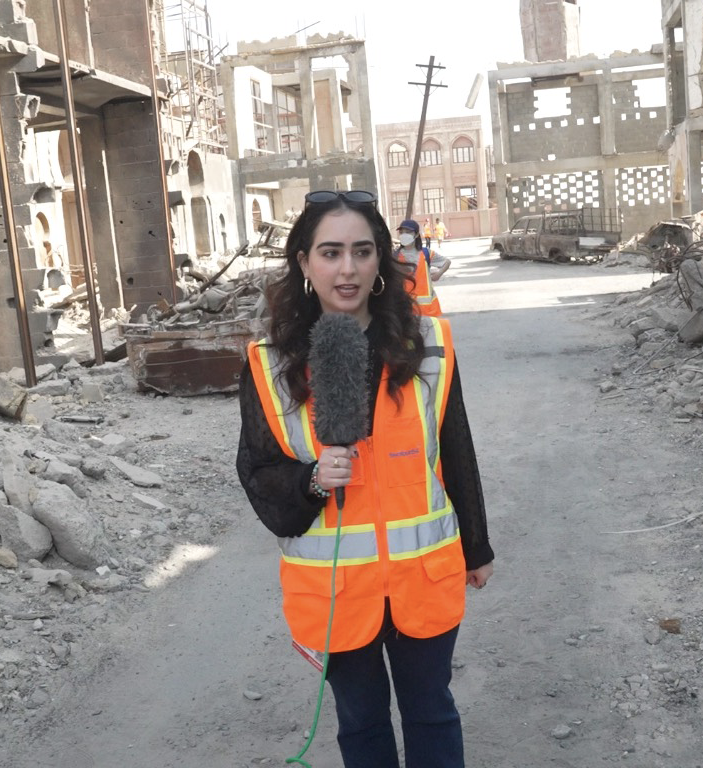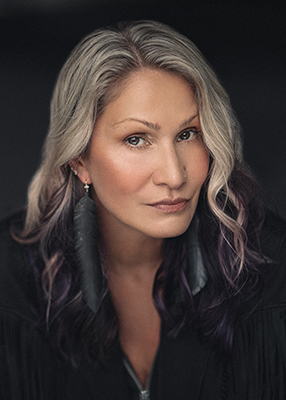Sam Fenn
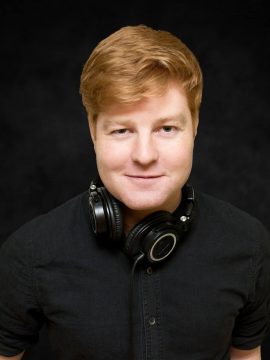
Why did you choose to study history at UBC and what did you enjoy most about this program?
When I first came to UBC I had just finished an unsuccessful stint studying jazz guitar at Vancouver Community College. After getting accepted into UBC, I quickly found that registration was more competitive than at my previous school. I failed to get into any of the modern literature courses that I was interested in and, so, on a whim, I registered in a course on Canadian social history instead.
By the time Professor Tamara Myers had finished outlining the syllabus I had already switched my major on my laptop. The thing that excited me most about that course (and subsequent courses taught by Professors Coll Thrush, Eagle Glassheim, Tina Loo and Alejandra Bronfman) was how applicable historical knowledge was to my own community: I wanted to understand the origins of all of the problems I saw around me in Vancouver so that I could start to understand how to solve them. More than simply wanting answers, I found that I wanted to know the stories. I wanted to know how key moments in Canadian history were experienced by people at the time. I’m still interested in that kind of thing.
What were some of your most meaningful experiences at UBC?
Shortly after getting to UBC, my friend Gordon Katic and I started a documentary radio show about the politics of academic research, which is now called “Cited“. The folks at CiTR were generous enough to play our episodes when they came out. Over time, and thanks to the support of Kathryn Gretsinger, Dr. Dave Ng, and Dr. Allen Sens, we were able to apply for (and receive) funding from UBC’s Teaching and Learning Enhancement Fund and the Social Science and Humanities Research Council. Under this funding, we learned how to tell un-esoteric stories about academic research. Cited has now collaborated with popular radio shows like 99% Invisible and CBC’s The Doc Project. We’ve won an award from the Jack Webster Foundation and been nominated for two national awards from the Canadian Association of Journalists. In all of this work, I’ve drawn on the research and critical thinking skills I obtained in the masters of history program.
What choices did you make at UBC that contributed to your career success / journey?
There’s not a lot of jobs in Canada for documentary radio producers–and so–I’ve had to forge a strange path to make this into a career. Sometimes there wasn’t as much compensation as I would have liked and there was never much peace of mind about the future. There were more than a few all-nighters too.
I decided to keep going because I believed, ultimately, that I should invest in the things I cared about. I should try to do work that I found creatively and intellectually satisfying and that gave me a sense of pride. Most importantly, I should try to do work that I thought might help people in some way. Looking back, I am really glad I made those choices.
What was your first job after graduation and what other jobs did you have before your current position?
I have worked as a documentary radio producer and an academic project manager for knowledge mobilization projects ever since I graduated. Before all of that I was a teaching assistant, a research assistant, a PA on film sets, a clerk at HMV, and a landscaper.
Is your current career path as you originally intended? What challenges did you face in launching your career?
It’s not too far from what I originally intended! But I have had to learn a lot of new skills that I didn’t anticipate having to learn. I’ve learned how make a website, how to write a budget, how to lead a meeting, how to manage a team, how to write a grant, how to run a small company.
What do you like about your current job and what do you find challenging? How does it relate to your degree?
I love the creative moments–when I get to sit and write something a bit poetic or do some artful sound design. I like reporting and the way it propels me into other people’s lives and requires me to stay open and empathetic. I like the energy that comes from working with a team of other creative people to solve problems. All of this is very related to my degree: historians spend their time solving mysteries, telling stories and making arguments. That’s what documentary radio producers do too.
It’s all challenging though. I still worry that I am under-prepared for interviews. I still don’t always get the sound quality I want. I almost never feel like I’ve read everything I need to read. I always worry that the show could be better.
From your experience, what has been the value of having an Arts degree?
The arts degree taught me critical thinking and research skills that are necessary to my career. It also introduced me to many of the topics that I cover on my show. Maybe most importantly, just being at UBC allowed me to meet the people I could make radio with.
What advice would you give to students and alumni interested in breaking into your industry?
Just start making stuff. Email your community or campus station and ask if they have training sessions. Tell them you want to make a radio documentary and ask if they would play it if you do.
Listen to a story on the radio that you really like and dissect it: how does it start? What worked about the beginning of the story? How long will one person typically talk before the sound changes to something else? What happens in the story and what choices did the storyteller make in terms of structuring the information? Why do you think they made those choices?
Find a story about something you’ve wondered about for a long time. The story should mean something to you and your own life. And then give yourself a few days and give it a shot.
You can take documentary radio or journalism courses (I never did). Registering in that kind of program might help you carve out the space you need to work on your craft. But you can learn it yourself as well–it just takes dedication.
What advice would you give to your first-year self?
Keep learning. Keep asking questions. Be humble about what you don’t know. You won’t ever be done that process.
Sam Fenn



Why did you choose to study history at UBC and what did you enjoy most about this program?
When I first came to UBC I had just finished an unsuccessful stint studying jazz guitar at Vancouver Community College. After getting accepted into UBC, I quickly found that registration was more competitive than at my previous school. I failed to get into any of the modern literature courses that I was interested in and, so, on a whim, I registered in a course on Canadian social history instead.
By the time Professor Tamara Myers had finished outlining the syllabus I had already switched my major on my laptop. The thing that excited me most about that course (and subsequent courses taught by Professors Coll Thrush, Eagle Glassheim, Tina Loo and Alejandra Bronfman) was how applicable historical knowledge was to my own community: I wanted to understand the origins of all of the problems I saw around me in Vancouver so that I could start to understand how to solve them. More than simply wanting answers, I found that I wanted to know the stories. I wanted to know how key moments in Canadian history were experienced by people at the time. I’m still interested in that kind of thing.
What were some of your most meaningful experiences at UBC?
Shortly after getting to UBC, my friend Gordon Katic and I started a documentary radio show about the politics of academic research, which is now called “Cited“. The folks at CiTR were generous enough to play our episodes when they came out. Over time, and thanks to the support of Kathryn Gretsinger, Dr. Dave Ng, and Dr. Allen Sens, we were able to apply for (and receive) funding from UBC’s Teaching and Learning Enhancement Fund and the Social Science and Humanities Research Council. Under this funding, we learned how to tell un-esoteric stories about academic research. Cited has now collaborated with popular radio shows like 99% Invisible and CBC’s The Doc Project. We’ve won an award from the Jack Webster Foundation and been nominated for two national awards from the Canadian Association of Journalists. In all of this work, I’ve drawn on the research and critical thinking skills I obtained in the masters of history program.
What choices did you make at UBC that contributed to your career success / journey?
There’s not a lot of jobs in Canada for documentary radio producers–and so–I’ve had to forge a strange path to make this into a career. Sometimes there wasn’t as much compensation as I would have liked and there was never much peace of mind about the future. There were more than a few all-nighters too.
I decided to keep going because I believed, ultimately, that I should invest in the things I cared about. I should try to do work that I found creatively and intellectually satisfying and that gave me a sense of pride. Most importantly, I should try to do work that I thought might help people in some way. Looking back, I am really glad I made those choices.
What was your first job after graduation and what other jobs did you have before your current position?
I have worked as a documentary radio producer and an academic project manager for knowledge mobilization projects ever since I graduated. Before all of that I was a teaching assistant, a research assistant, a PA on film sets, a clerk at HMV, and a landscaper.
Is your current career path as you originally intended? What challenges did you face in launching your career?
It’s not too far from what I originally intended! But I have had to learn a lot of new skills that I didn’t anticipate having to learn. I’ve learned how make a website, how to write a budget, how to lead a meeting, how to manage a team, how to write a grant, how to run a small company.
What do you like about your current job and what do you find challenging? How does it relate to your degree?
I love the creative moments–when I get to sit and write something a bit poetic or do some artful sound design. I like reporting and the way it propels me into other people’s lives and requires me to stay open and empathetic. I like the energy that comes from working with a team of other creative people to solve problems. All of this is very related to my degree: historians spend their time solving mysteries, telling stories and making arguments. That’s what documentary radio producers do too.
It’s all challenging though. I still worry that I am under-prepared for interviews. I still don’t always get the sound quality I want. I almost never feel like I’ve read everything I need to read. I always worry that the show could be better.
From your experience, what has been the value of having an Arts degree?
The arts degree taught me critical thinking and research skills that are necessary to my career. It also introduced me to many of the topics that I cover on my show. Maybe most importantly, just being at UBC allowed me to meet the people I could make radio with.
What advice would you give to students and alumni interested in breaking into your industry?
Just start making stuff. Email your community or campus station and ask if they have training sessions. Tell them you want to make a radio documentary and ask if they would play it if you do.
Listen to a story on the radio that you really like and dissect it: how does it start? What worked about the beginning of the story? How long will one person typically talk before the sound changes to something else? What happens in the story and what choices did the storyteller make in terms of structuring the information? Why do you think they made those choices?
Find a story about something you’ve wondered about for a long time. The story should mean something to you and your own life. And then give yourself a few days and give it a shot.
You can take documentary radio or journalism courses (I never did). Registering in that kind of program might help you carve out the space you need to work on your craft. But you can learn it yourself as well–it just takes dedication.
What advice would you give to your first-year self?
Keep learning. Keep asking questions. Be humble about what you don’t know. You won’t ever be done that process.
